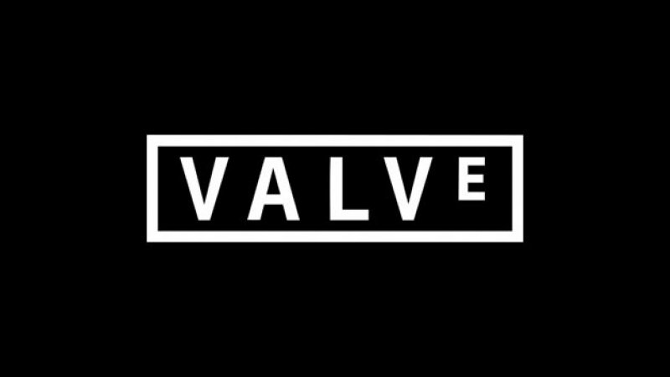Valve -- the company known for games like Portal, Team Fortress, Half-Life and for its software distribution platform Steam -- has revealed it is working on multiple virtual reality projects, three to be exact.
The news comes from Valve's founder Gabe Newell who confirmed to Eurogamer that the company is working on three VR games. When asked about Valve's free HTC Vive prototype The Lab, Newell responded with the following:
"When I say we're building three games, we're building three full games, not experiments."
Newell declined to divulge any further details on any of the three games, but he did note that they're being built in Valve's own Source 2 and Unity.
The founder continues by stating that VR will not be a success if all people do is take existing content and cram it into a VR space. He then reveals that the company has both Half-Life 2 and Team Fortress running in VR, but that these are purely developer milestones. Newell specifically says:
"One of the first things we did is we got Half-Life 2 and Team Fortress running in VR, and it was kind of a novelty. That was purely a developer milestone, but there was absolutely nothing compelling about it, the same way nobody's going to buy a VR system so they can watch movies."
Newell concluded with the following statements about his thoughts on low-res, cheaper VR, the future of VR, and Valve's philosophy approaching the new way to play games:
"If you took the existing VR systems and made them 80 per cent cheaper there's still not a huge market, right? There's still not an incredibly compelling reason for people to spend 20 hours a day in VR. Once you've got something, the thing that really causes millions of people to be excited about it, then you start worrying about cost reducing. It's sort of the old joke that premature cost reduction is the root of all evil."
"We're actually going to go from this weird position where VR right now is kind of low-res, to being in a place where VR is actually higher res than just about anything else, with much higher refresh rates than you're going to see on either desktops or phones. You'll actually see the VR industry sort of leapfrogging pretty much any other display technology in terms of those characteristics. It's probably not obvious from the first generation of products, but you'll start to see that happening like in 2018-2019."
"If you're not failing then you're probably not exploring the potential space wide enough. We're sort of optimistic, right? We think VR is going right. It's going in a way that's consistent with our expectations. We're also comfortable with the idea that it may turn out to be a complete failure, simply because if you're not trying to do things that might fail, you're not actually probably trying to do anything very interesting at all."

